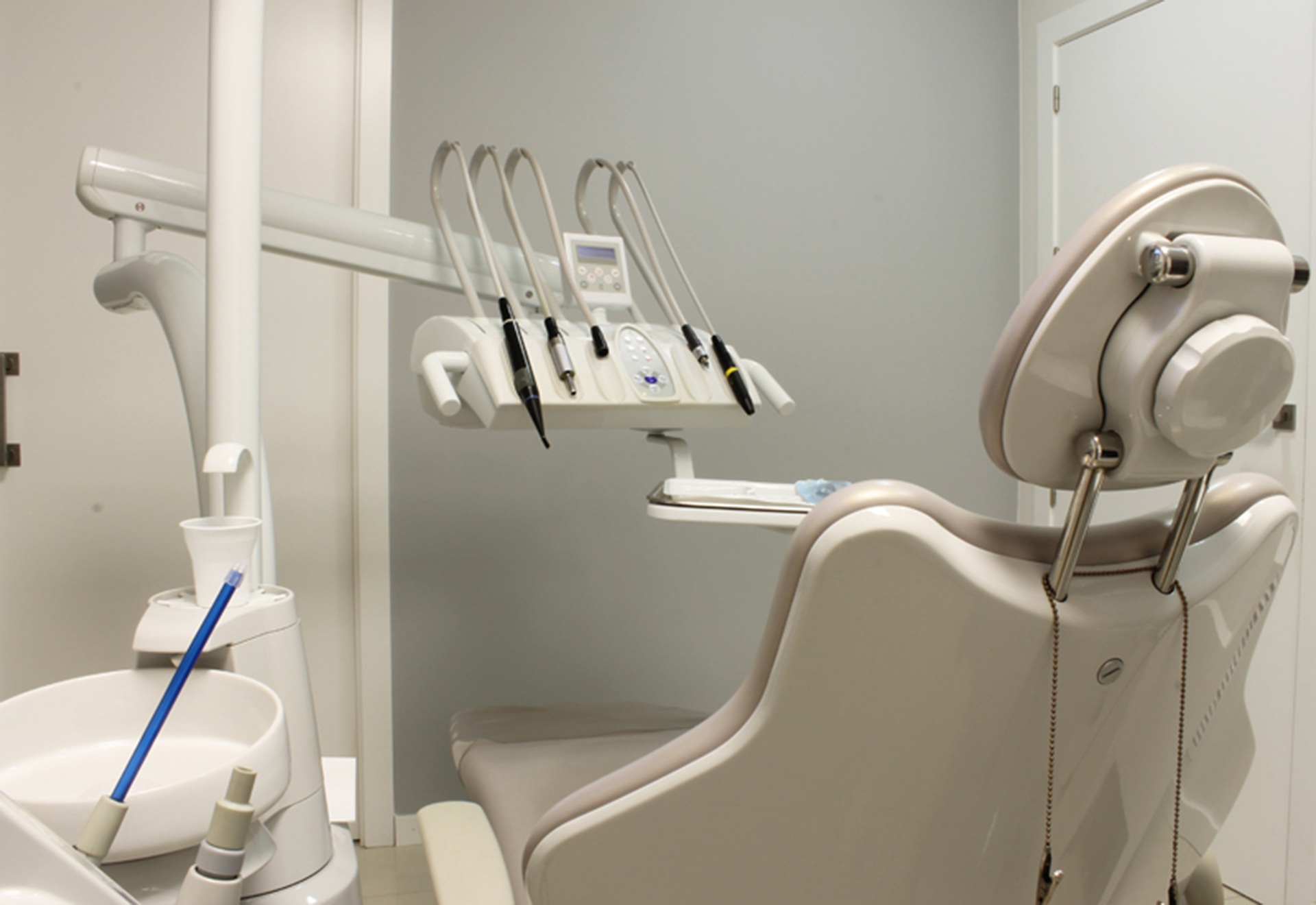Over half of teen girls use behaviors to control their weight; according to NEDA, these behaviors can be risk factors for the development of an eating disorder. Eating disorders among young girls are quite common. If you are the parent of a teenage daughter who may have an eating disorder and feel she needs help, it can be a lonely experience. Teenagers who fear gaining weight can be adamant about not seeking the treatment they need. There are a few ways you, as a parent, can encourage your daughter to seek the best eating disorder treatment without forcing her into an uncomfortable situation.
Different Ways To Conduct Eating Disorder Treatment
There are multiple ways you can opt for eating the disorder treatment in your favor Work out the plans that can work well for you. Do not make your choices in grey that can have the potential to grow your appetite in the right direction. Identify the ways that can work well in your favor.
1. Approach Her Privately First
Those who struggle with an eating disorder often feel shame and guilt about the issue. When beginning the conversation, one or both parents can speak to their daughter privately about the issue and why eating disorder treatment could be a positive step to recovery.
2. Let Her Know She’s Not Alone
Even though eating disorders are common among young ladies, many adolescents can feel alone in their eating disorders. DoSomething.org states 95 percent of those with an eating disorder are between the ages of 12 and 25. By showing your teen daughter statistical information about how many teens have dealt with eating disorders, sought eating disorder treatment, and recovered, she may feel encouraged to move forward in her recovery.
3. Try To Avoid Simplifying The Issue:
If not fully understood, it can be easy to simplify the issue and tell a teen daughter to simply stop doing what they are doing or to feel as if treatment should be a simple process. Approaching a struggling teenager in this manner downplays the issue, which in turn can make a child feel even more shameful and guilty about the behavior they cannot control.
The best eating disorder treatment programs approach adolescents using a multi-faceted therapeutic approach. It is important to convey to your child that recovery can be something only a professional eating disorder therapist can help them with. By letting them know how seriously you take the problem, they may begin to understand, or even mirror your concerns.
4. Accept A Potential Negative Reaction:
The first few times you approach your teen daughter about her eating disorder, she may deny the issue or react in an angry or negative fashion. In order to understand these reactions, it is imperative to understand what your child is feeling about treatment. Many of the negative reactions and anger stem from fear of what will happen during eating disorder treatment.
As difficult as it can be, it is critical to be accepting of these negative reactions. Acceptance and understanding do not mean you give up on encouraging treatment; it means you validate their concerns while maintaining your own. Meet any negativity with the reiteration of your concerns about the eating disorder, her health, and the importance of getting help. Continue to keep the dialogue.
With proper therapy and treatment, 60 percent of people with an eating disorder achieve recovery. If you are struggling to talk to your teenage daughter about her eating disorder, reach out to us at Monte Nido. We are a multi-faceted treatment provider with multiple facilities dedicated to helping patients overcome eating disorders.
Final Take Away
Hence, these are some of the core factors that can work well in your favor and you have to make sure you do not fall back in your prices. Try to achieve your objectives in the best possible manner that can work well in your favor and in the best possible ways. Make your choices in the right direction before making the right decisions from all angles. Work out the plans that can help you to lead a steady life.
Read Also:






















